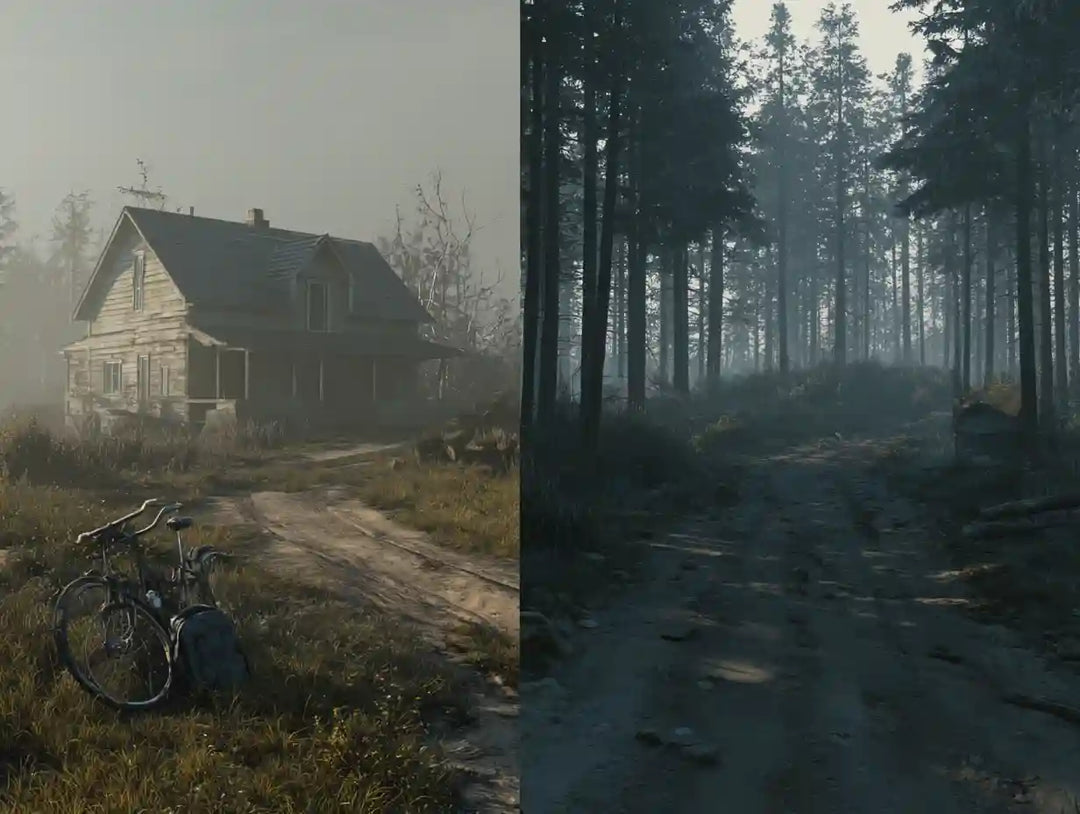True crime fascinates many people. It's real, often gruesome, but always human. Two recent stories raised questions about power, trust, and betrayal—elements central to any good mystery.
You may be familiar with the case of Jeff German. He was a well-known journalist for the Las Vegas Review-Journal. People trusted him to expose the truth. And expose the truth he did when he wrote about Robert Telles, a public official.
German's work laid bare possible misconduct in Telles' office. Telles, a public administrator, was not happy with the exposé. Soon after that article went public, German was found stabbed to death outside his home. Telles is now charged with the crime. Get inspired by our murder mystery games to explore similar deep narratives and motives seen in such chilling real-life cases.
Power was a key part of this story. Telles had authority. He had a lot to lose. Now, as the investigation has shown, he may have tried to silence the person threatening that authority.
Ask yourself: How far would someone go to protect their trade, their image, or their power?
Plots like this commonly surface in fictional murder mystery games. These games are more than puzzles. They’re insights into human nature. While true crime provides real-life examples, these games let you explore different scenarios safely and interactively.
The second case is equally disturbing. Marilyn Stanley dated Zachary Gross. Things turned violent when Gross severely beat her and then scalped her. He later blamed the brutal act on a dog.
This story reveals a different kind of human betrayal. Trust, in relationships, is critical. It’s the foundation of human interaction. Here, that trust was broken in the worst way.
Perhaps you've played a cold case game where a close relationship ends in tragedy. In those games, it’s up to you to piece together fractured details, understanding motive, and reconstructing events. Like true crime cases, these games focus on unraveling dark twists, hidden motives, and calculating decisions.
So why should you, someone who enjoys these real cases, invest in modern murder mystery or cold case file games? Here are a few reasons:
- They engage your critical thinking skills. True crime focuses on facts, but mystery games encourage you to dig deeper into motive and intent.
- They offer a challenge. Figuring out the who, what, and why—much like picking apart details of a true crime story—keeps your attention sharp.
- They bring people together. You share clues, thoughts, and insights with friends or fellow enthusiasts trying to solve the mystery.
- They provide safe exploration. While the real world involves risk, murder mystery games give you a way to explore grim scenarios without any threats.
Your interest in true crime likely drives you toward details and motives. It makes you question actions and how events connect. Murder mystery games feed this interest—except you get to lead the investigation. You don’t read about the conclusion; you create it.
Consider a few game scenarios that mirror stories like the German or Stanley cases:
1. **High profile victims** — The victim is someone you heard about, much like Jeff German. This type of case forces you to balance facts with public perception and figure out who wanted to silence the victim.
2. **Betrayed by a partner** — In many cold case or mystery games, much like Marilyn Stanley’s case, someone trusted is often the criminal. You need to understand how betrayal motivated the crime while viewing evidence through an unbiased lens.
3. **Hidden motives tied to power** — This could be a corrupt politician, a CEO, or a prominent figure with a spotless public image. They have everything to lose, but what’s the dark secret they would kill to protect?
4. **Multiple suspects with shaky alibis** — These games often involve guessing and checking alibis. Players must notice minor contradictions. True crime followers, like yourself, would already know: the details matter.
When you dive into pathology, psychology, motives, and possible causes, you start to see patterns. In both real crimes and fictional mysteries, it’s about piecing together the evidence that shows why events happened in their particular way. The facts are always there; you need to interpret them.
You can apply many of the insights from true crime stories like these to our games as well:
- If something seems off with the timing of events, try digging further into those timeline inconsistencies.
- When dealing with suspects, focus on personal stakes. What did they have to lose?
- Examine alibis for weakness. Like in the real case of Marilyn Stanley, sometimes the people closest to the victim are hiding the most.
- Follow the money. Power structures often reveal motives.
One benefit of our murder mystery and cold case games is that you get direct involvement. You’re not waiting for news updates or a court date. You get to immerse yourself in the dark and complex decisions that often lead to crimes.
If human behavior intrigues you, as it does in cases like German’s or Stanley's, we recommend picking up a game that lets you explore the depths of deception, betrayal, and motive. You might be surprised at the insight you gain, both about the mystery and about human nature itself.







